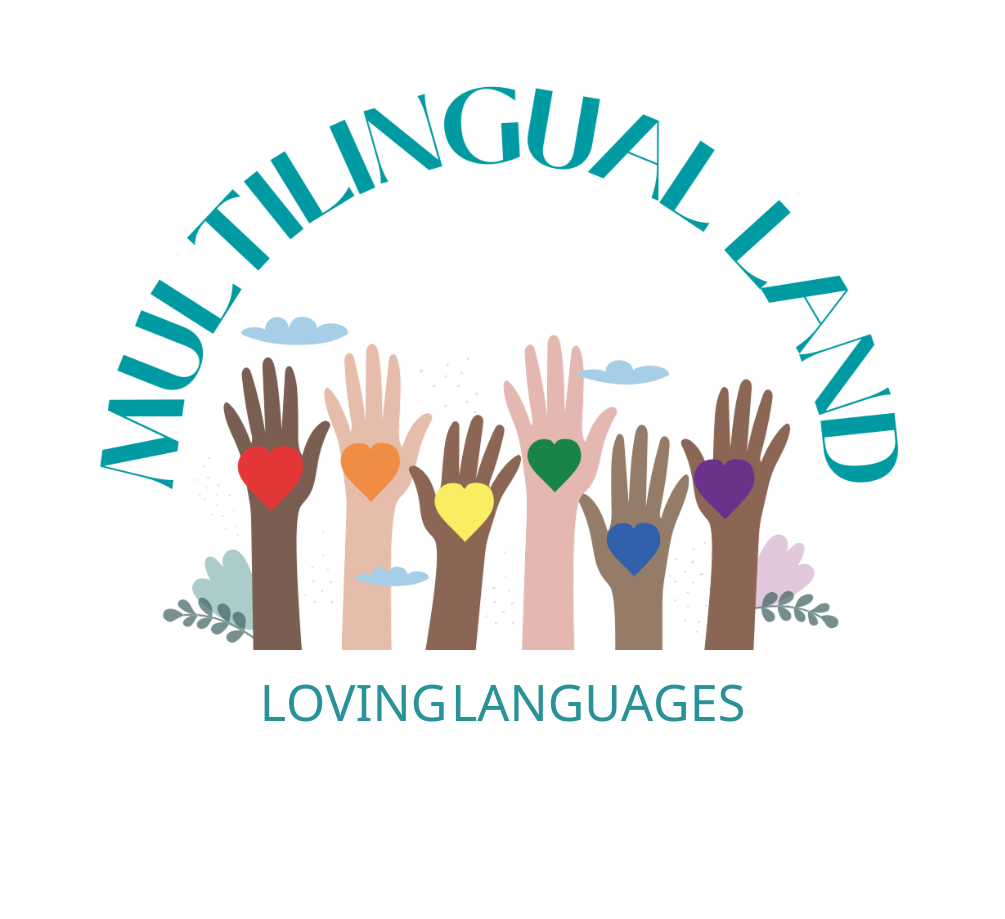Written by Dr. Alessia Raineri

Fact. Adults can learn fluently a new language.
One of the bilingual myths (n. 5) I explained in the first post of this blog was that adults cannot learn new languages properly. On the contrary, studies show that it is possible to learn languages fluently even later in life (Garraffa, Sorace & Vender 2020). The process might take effort and time, but with motivation and effective language learning strategies, adults can become proficient in a second language.
Even acknowledging that, how do we unravel the mystery of how adults learn a new language? Is there a better strategy than another to learn efficiently a new language later in life?
Children brain vs. Adult brain.
Let’s start with the brain potential. Neuroscience makes it clear that brain flexibility of children helps them in learning faster and easier languages.
When you are learning a new language as a child you are building new (neural) networks. But when you learn a language later in life, you have to modify the existing networks and make more connections. Then learning a language later in life can be more challenging (Li Wei, 2023). Those challenges seem to be overcompensated by the greater benefits of learning a new language though.
The classic method: A teacher and a book.
The mainstream attitude is to learn a new language through a language course and a book, privately or in a classroom setting, online or face to face.
As a language teacher with more than a decade of experience, I do support classroom settings and private interactions with a prepared teacher. In the first option, students are driven by the routine and the social setting, therefore learning texts and making exercises can be a pleasant activity if made together with other classmates. In the second option, a student feels at ease in talking with a prepared teacher, who not only gives a great feedback to the student but he/she leaves a sense of calm in the interaction because it is sealed by a contract.
Anyway, a teacher and a book cannot replace a self-learning method. People are used to think that teachers (with their books) are going to make space in the minds of their students leaving a new language to develop. They get frustrated when, even after several years of language courses, they do not speak fluently that language!
The power of self-learning.
Beside from the classic method of the teacher and a book, there is the self-learning method. Curiously, many polyglots have learnt their languages proficiently just by themselves (Lydia Machova, Ted Talks, 2019).
Self-learning strategies are manifold. Every learner seems to find his/her own strategy, which can be reading all possible books or article in a certain language, watching tv series in a target language, chatting with strangers knowing just few basic sentences, watching YouTube videos, using an app and so on.
Fun and full immersion
One thing is sure, fluent speakers of a second language invest tons of time in learning it but the same thing seems to keep them focussed: they have fun with it!
If you enjoy the process, then you won’t give up. If your learning path sounds more like a game than an obligation, it is easier that you will feel less frustrated for your mistakes or for not remembering a word.
Then fun needs to be accompanied by exposure quantity. Try to immerse yourself in a language, all in once, from listening to your favourite podcast in the car while going to work to watching tv series in the evening, from buying your favourite magazine in the target language to having a coffee every morning with your new friend. The more strategies you use and the more your learning path will be smoother and faster.
Some people find it difficult to talk to strangers in a language they do not master very well. It is normal to have the feeling of bothering people with your basic way to talk, but if you don’t start from that, you will never arrive to speak fluently either!
Constancy and resilience
Do not give up too soon. Results come with time. Language is a complex system or intricated grammar rules and different vocabularies, of new sounds and contextual rules. A grammar rule or a certain word can be learned after repetitive attempts. The more these attempts come one after another in the same time frame, the more probable our brain will retain this rule or word.
Language progresses are normally faster in the first phases but slower in the intermediate and upper phases. That’s because you have to build more vocabulary, syntax and subtle pragmatic rules later on with languages.
When you are making progress, it is easy not to notice them. Sometimes stop and look back at how you were speaking or understanding 3 to 6 months ago and realise what you have achieved. It will keep you motivated and resilient.
Personal experience
My high school teacher was disagreeable when students were making mistakes. She was talking Italian all the time but she expected us to talk fluently in English. I realised only later on in life that I felt like I wasn’t talented enough for languages because of her way to teach.
In my 20ies, I went for a 12-months-University-exchange-program in Norway where I was living in a student residence with many other foreigners and where I was supposed to take English courses for two semesters. When I arrived, I remember not to be able to understand almost everything. Speaking was even a bigger struggle. I then immerse myself in the language through social life and university classes and, in just a month, I was already able to communicate and laugh with others in English!
From there on, I learned 5 languages mostly by myself and I can say to have attained a certain degree of proficiency in three of my foreign languages. Learning languages is not easy and I feel constantly a language learner in all my languages! Fun and self-learning are essential for making a real progress.
Adult must learn from children!
We can finally see how learning a new language is for an adult not so different as it is for a child. Both adults and children need essentially three things: a decent amount of exposure quantity, motivation and constancy. Both adults and children need the learning process to be fun. Traditional school setting can make learning boring. Self-motivation is a must. And amusement can be found while doing activities that are appealing to us.
What is really different for an adult – aside from brain flexibility – is all the feelings around learning. Emotions like bothering others, frustration for making mistakes or for not memorizing, feeling of being too old for that, are all elements that make learning a new language much more a challenge than it is.
My tip for an adult to learn a new language is simple: try to think more like a child!
